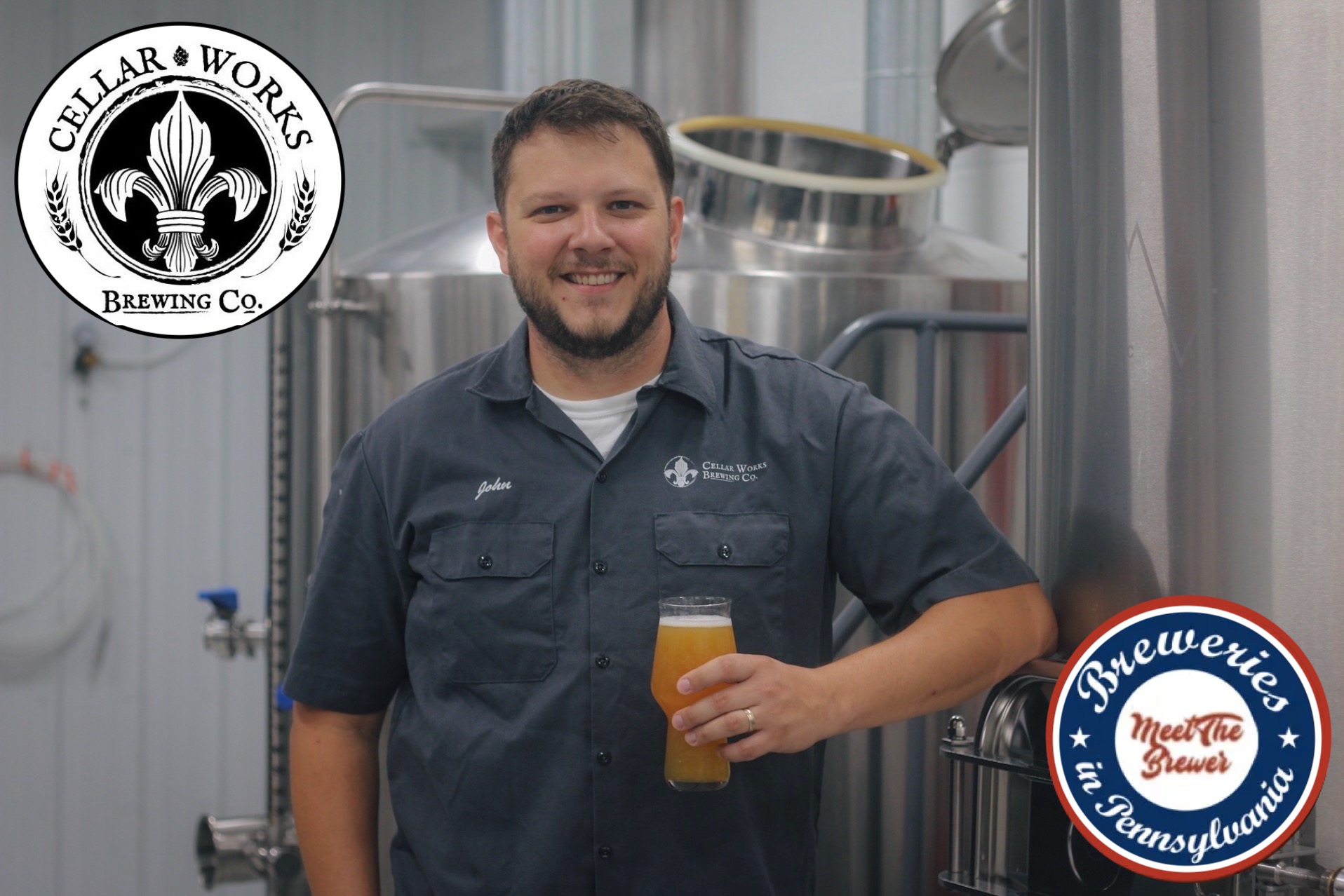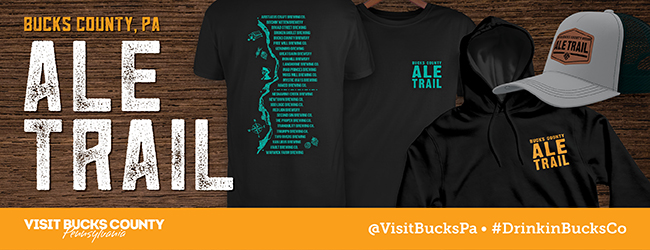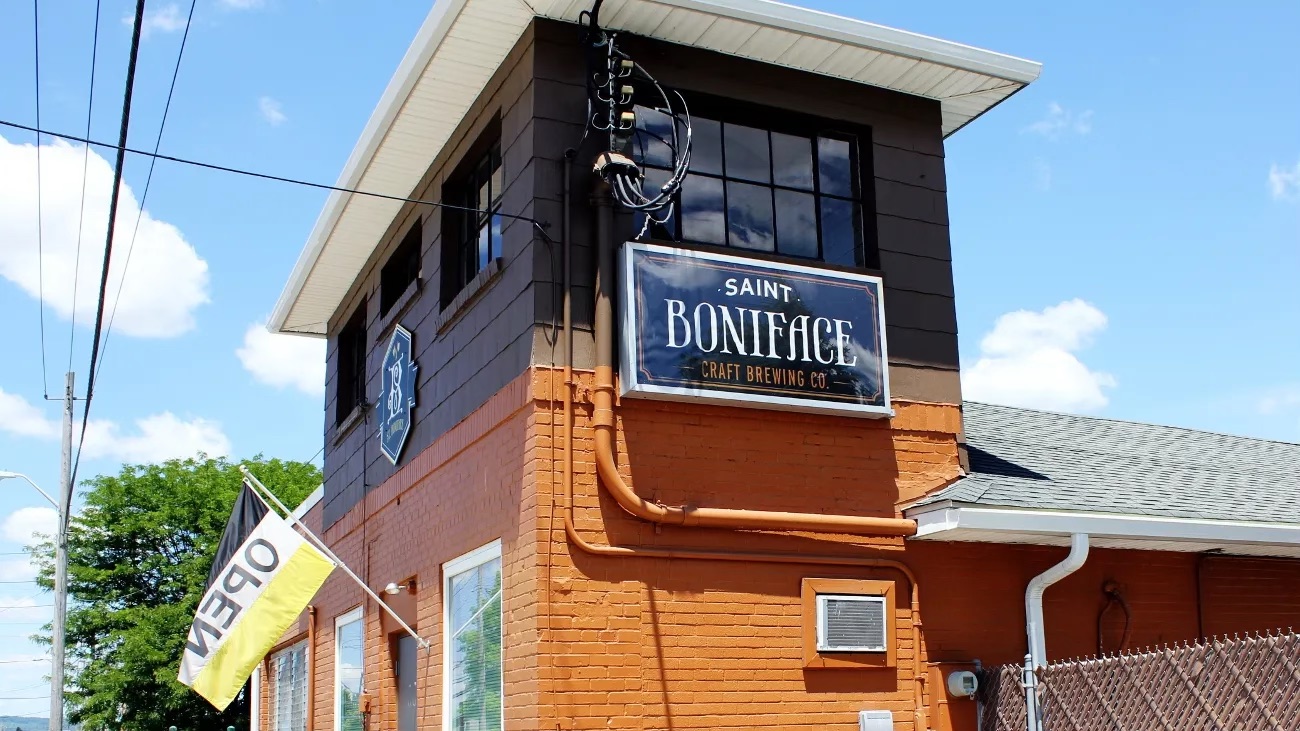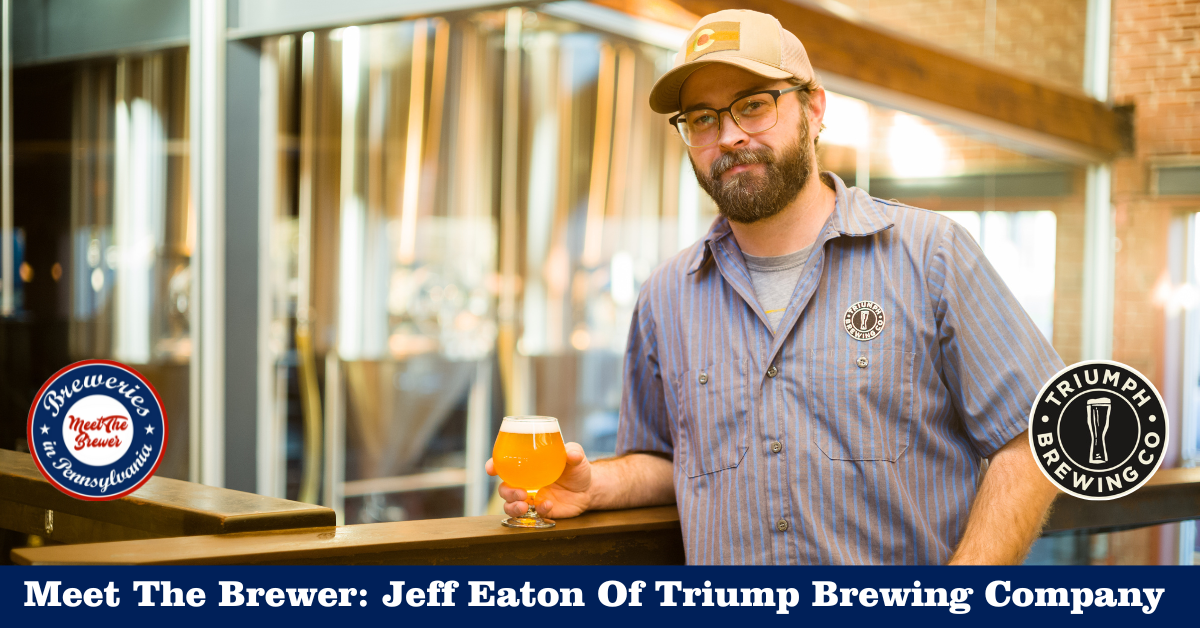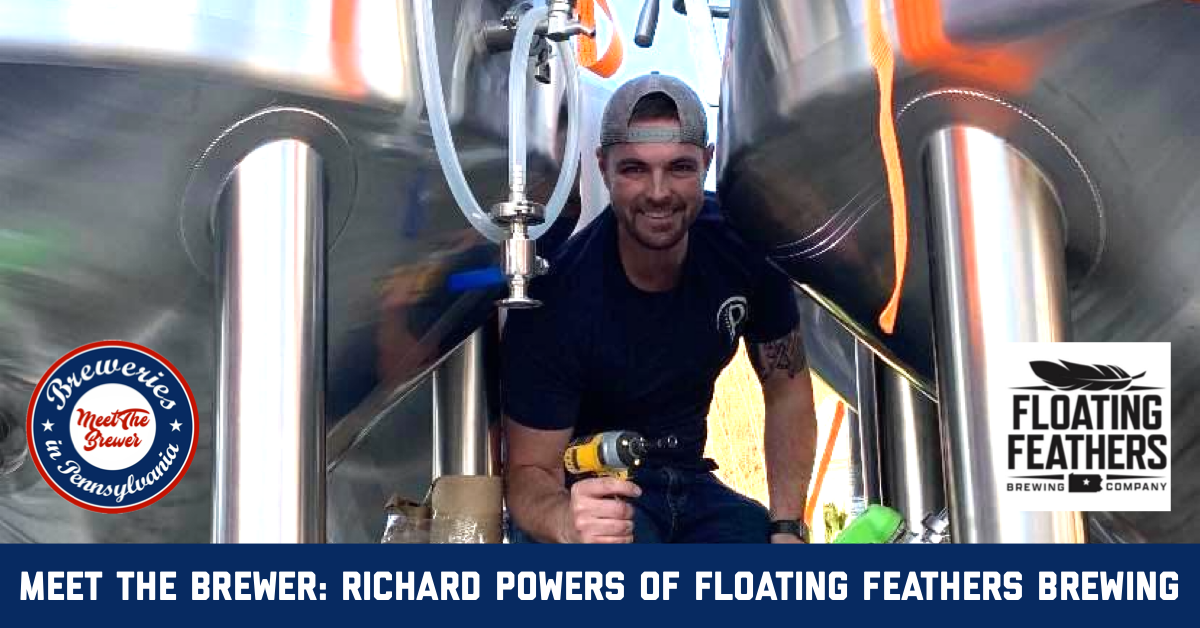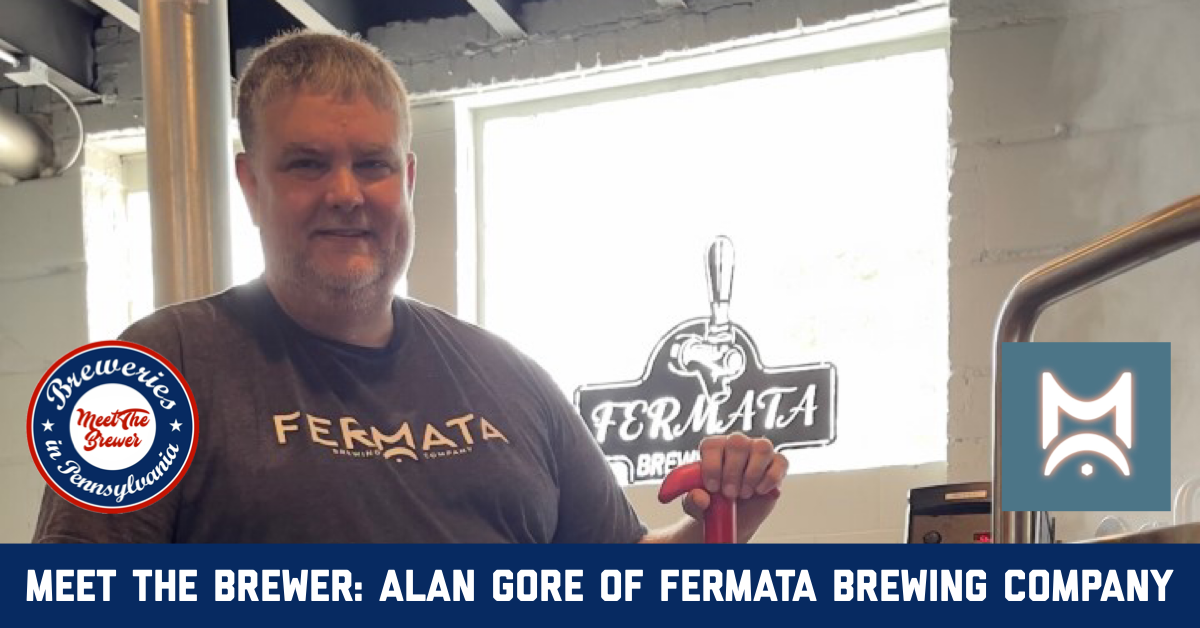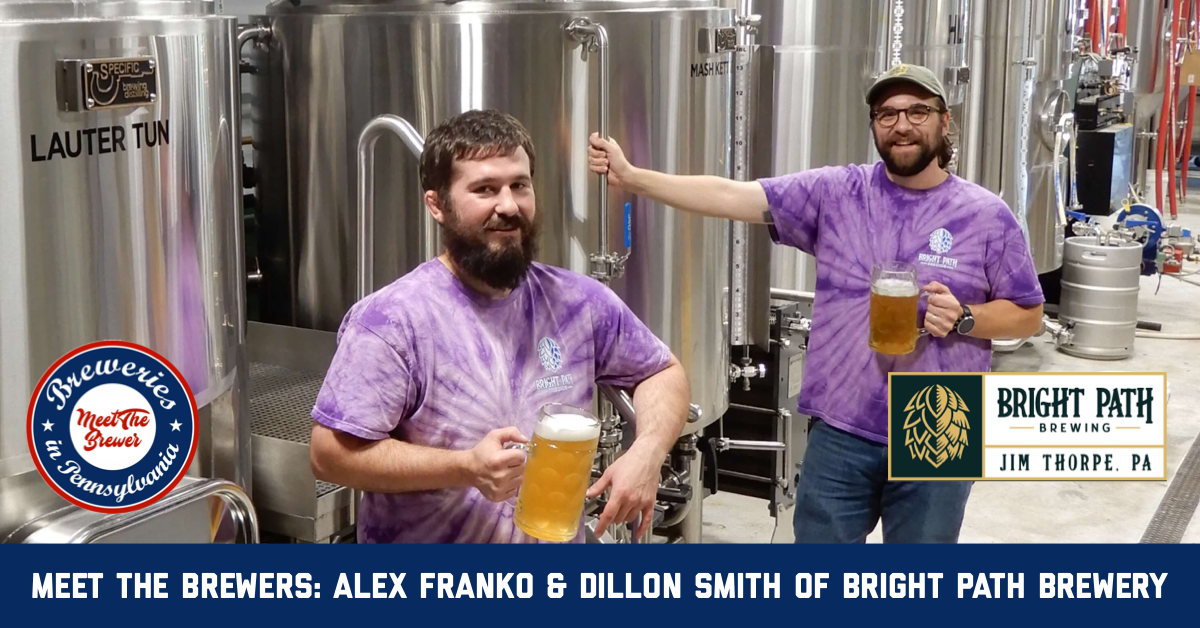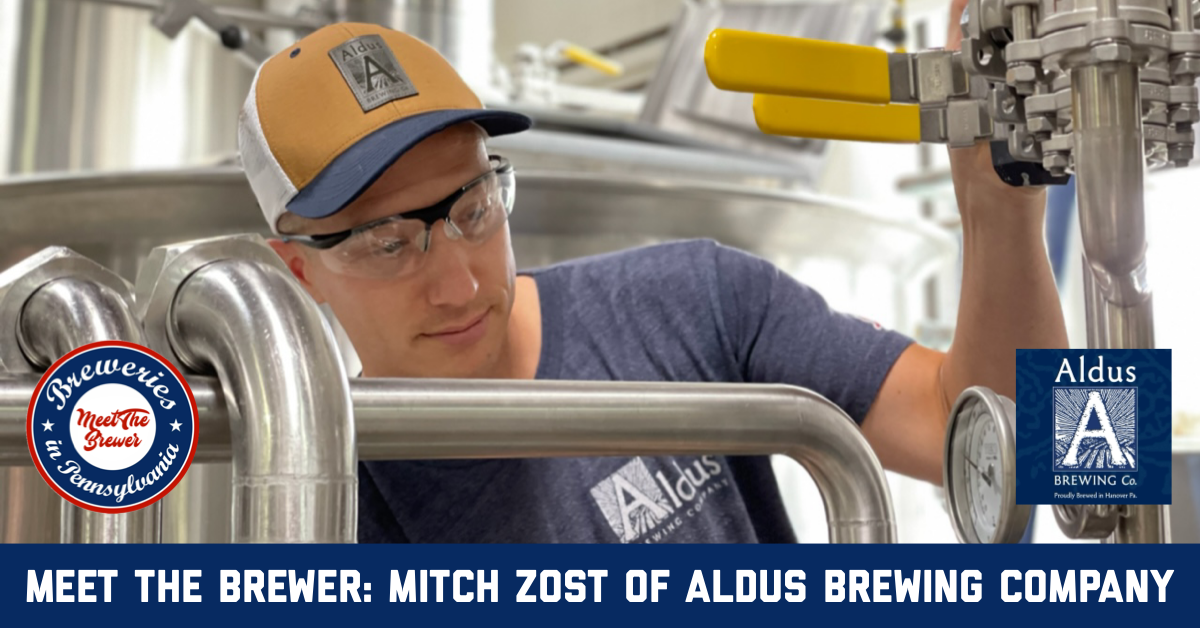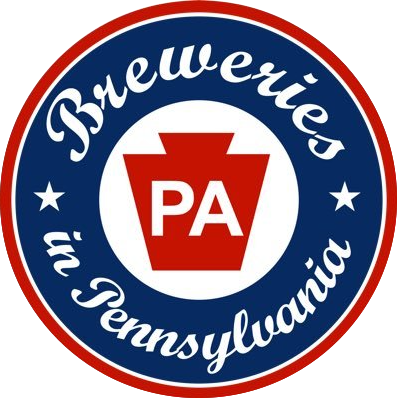Welcome to our “Meet The Brewer” series! Where we interview brewers in Pennsylvania, from breweries small to large. Let us know if you know anyone who should be featured, email us at [email protected].
Cellar Works Brewing is a small batch brewery located in Sarver, PA who specifically focuses on brewing with a farmhouse philosophy in mind. Located along the Butler County Beer Circuit Cellar Works first opened their doors in March of 2017.
One of the man behind the hand crafted creations is brewer John Lasher. John started his brewing career like many others, through the use of a home brew kit. Couple this passion with his engineering background and it was no question that John would jump into the commercial world of craft brewing.
Read more about John’s history in craft beer and all he has going on at Cellar Works from our conversation with him below.
What was your introduction to craft beer?
My introduction to what beer can and should be came in the form of imports. I was lucky enough to have befriended a pair of international students in college who introduced me to authentic Belgian and German styles. My introduction to American craft beer came slightly later when I began to explore bottle shops in Buffalo. Sierra Nevada Pale Ale was the “ah-ha moment” for sure.
How did you get started as a brewer?
My story as a brewer starts much like many of my colleagues’ stories….with a home brew kit. One extract kit lead to a partial mash kit. The partial mash kit lead to an all grain kit. The rest is history, so to speak. After three batches of beer, my engineering background took control and my garage was a fully blown brewery. Before I knew it, I was brewing 4+ times a week and dumping more beer than I could ever drink to free up kegs with the next experiment.
What style allows you to be the most creative, and why?
Blended wild beers are where I feel my fingerprints are most noticeable. There’s just something about taking beer from multiple sources with different characteristics and producing an end result that is 100% unique. Those components continue to change batch to batch, year to year. So, the final result always contains the same DNA, but is never exactly the same.
What was the first beer you ever brewed, and what did you learn from it?
The first beer I brewed was a stove top kit American pale ale. I learned that I could technically make beer this way. However, I also learned that fresh whole ingredients were incredibly important to make superb beer. This was the impetus for moving so quickly to all grain brewing.
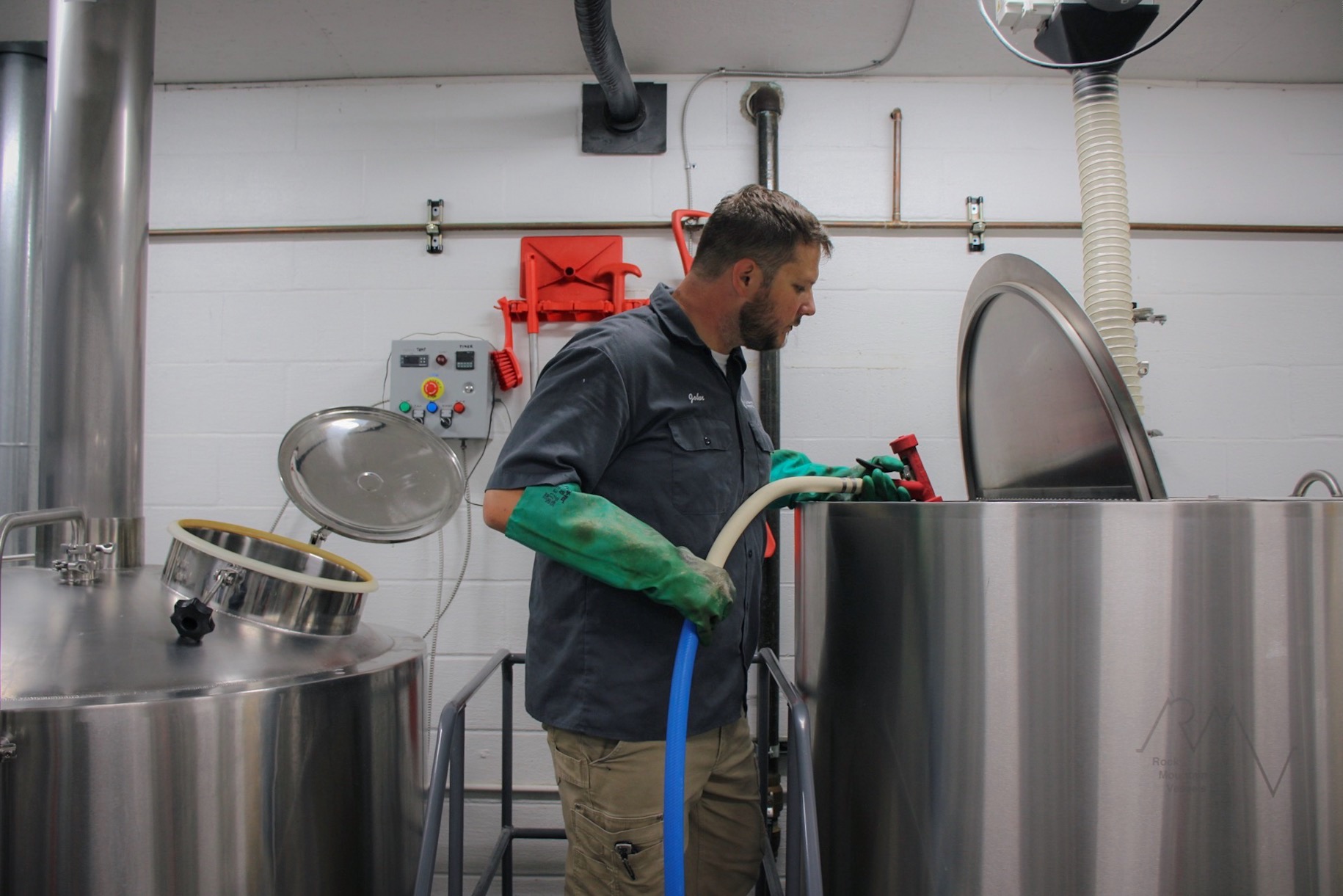
Where do you see the craft beer industry heading in the next few years?
I feel very strongly that the future of our industry will be a continued focus on product quality and service at the hyper-local level. Smaller breweries are entering the industry with a better sense of scale and an understanding of proper brewing practices. I feel like the days of both piecemeal and large-scale startups are mostly over. As far as product goes, my hope is for a trend to softer elegant styles – saisons, pilsners, etc.
Describe what it’s like to be a brewer in Pennsylvania
This is hands down one of the best states to be a brewer. I’m surrounded by so much talent and excellent product that I feel compelled to elevate my game daily. There’s such a great element of camaraderie and collaboration that you feel like you’re a part of something truly special here.
What is the inspiration behind your beer names?
I’m a bit of a nerd so most of our hoppy beers have sci-fi/horror elements to them – 50 Foot Robot, Astro Creep, etc. Beers that are more traditional have names that are less whimsical and more “on the nose.” Big Stream Kolsch, for example, is the perfect beer for paddling down the river. If its coming out of a barrel, the beer receives a name more suitable to the final product such as St. Eldritch wile ale.
What is your favorite beer to drink right now?
Right now I’m drinking a ton of Kolsch. Aside from Big Stream, I have a lot of great options that are easily available to me like Shubrew’s Kolsch Runnings and Butler Brew Works’ Creekside Kolsch, both of which are excellent.
What is the most important lesson you learned in the beer industry so far?
Its incredibly important to listen to your customer base. As much as I want to make nothing but wild ales, I know that my customers want a wider variety of options. We were surprised when one of our early one-off test batches became an extremely well selling regular offering. We have to balance mission statement focus with commercial demand.
Thank you to John for talking with us! Make sure you visit Cellar Works Brewing for all the latest beers, news, information and special events. And also follow the brewery on Facebook, Twitter and Instagram!




